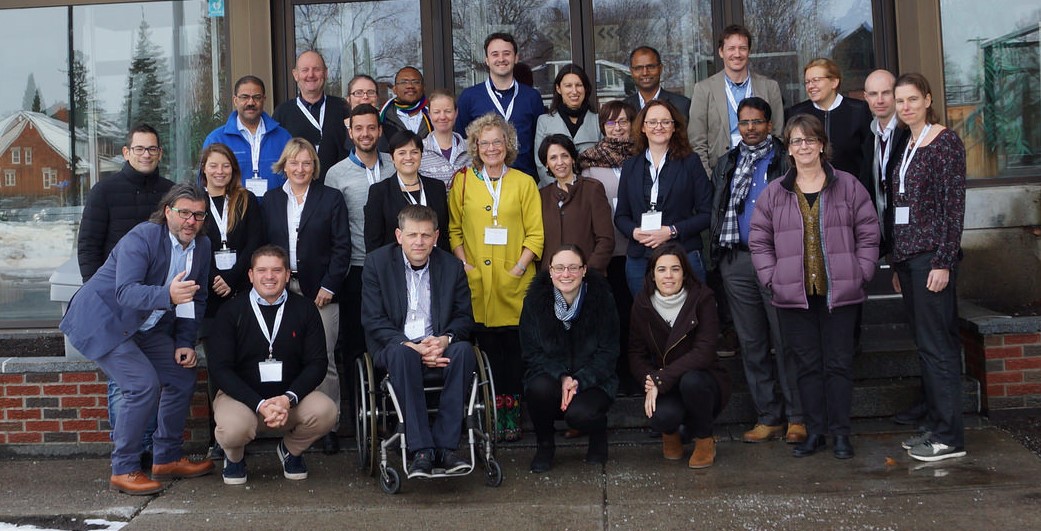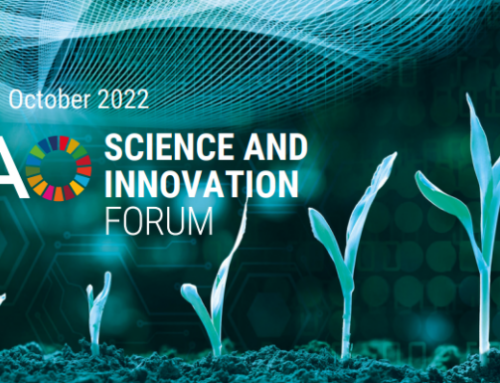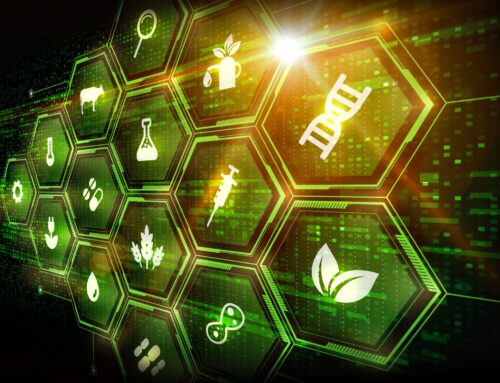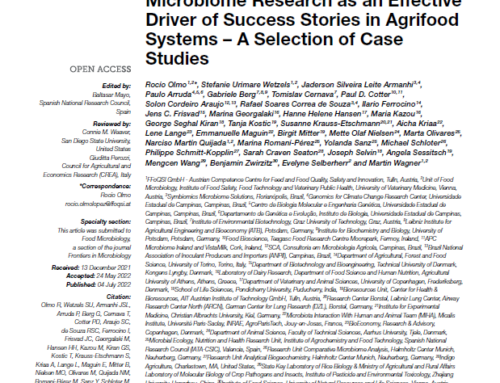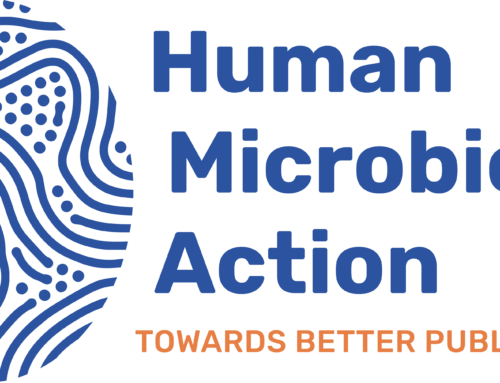In short: what is the problem and what is being done about it?
- Research into the microbiome and its importance to human and environmental health (and disease) is happening on all levels (soils, aquatic environments, animals, humans, etc.), but there are many studies that contradict each other and make meaningful results difficult to come by
- MicrobiomeSupport (EU-funded project) looks at how to carry out research on the microbiome in the food system for results to be meaningful for human health and for improving safety and sustainability of the future EU food production system
The long read:
The newly started European-funded project MicrobiomeSupport held its kick-off meeting on 28 November 2018 in Ottawa, Canada. The project is a Coordination and Support Action, running until October 2022, with a two-fold aim:
- Harmonising the methods, approaches and standards used in microbiome research in different types of environment (soil, aquatic environments, animals, humans, etc.) and assess their economic and public health importance
- Supporting international efforts to align research funding to avoid unnecessary duplication of research by engaging microbiome researchers, funding agencies and policy makers, specifically through coordinating the working group ‘Food Microbiomes’ of the International Bioeconomy Forum (IBF), a flexible multilateral instrument for international cooperation between different countries
Coordinator Prof. Angela Sessitsch from the Austrian Institute of Technology: ‘We aim at connecting different microbiome stakeholders and microbiome disciplines to set the scene and align strategic R&D agendas for a microbiome-based food production. By following a food systems approach rather than individual sectors we will be able to work towards food security, sustainable production and bio-economy and improved human health. As food production and sustainability have to be considered from a global perspective MicrobiomeSupport operates globally comprising 13 European countries and Canada, US, Australia, New Zealand, China, India, Argentina and Brazil, most of them members of the International Bioeconomy Forum.’
During the kick-off meeting partners from all over the world, including New Zealand, Argentina and the US, had the opportunity to meet each other, consider how to exploit results in such a way that they become relevant in the respective countries from a policy and research perspective, consider which stakeholders need to be engaged for which parts of the project and align on how to practically work together (find more details on the kick-off meeting here).
The partners during their first official meeting in Ottawa, Canada, on 28th November 2018.
The project partners are now starting to prepare for the World Microbiome Day on 27th June 2019 with the aim to hold a high level event to engage researchers from academia and industry, policy makers and implementers, as well as regulators, in Brussels. The aim is to expand such an event by citizen engagement activities in the future.

